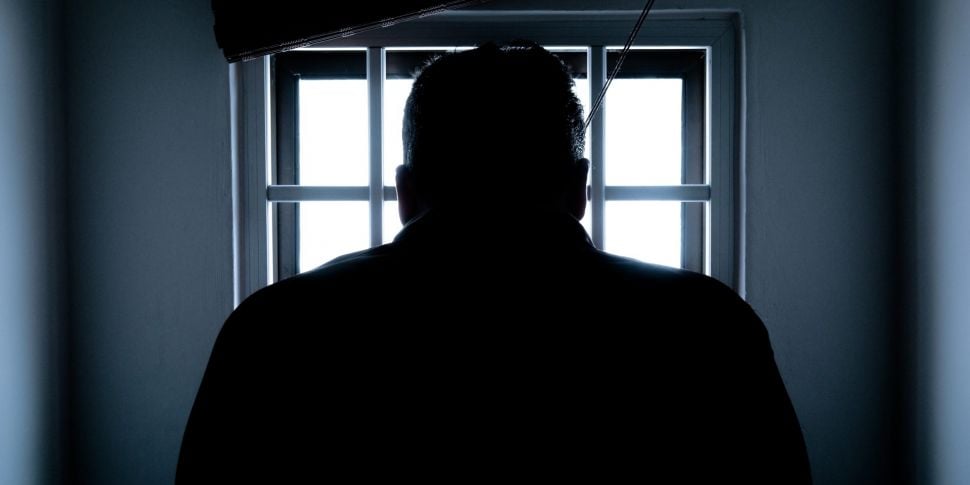The recent report on familicide does not properly consider the mental illness of the perpetrator, according to a victim.
The report considers instances of murder or murder-suicide in which one kills multiple close family members in quick succession.
It recommends the establishment of a new agency to tackle domestic, sexual and gender-based violence.
It says a national database should also be established for reporting on violent family deaths.
Despite that, Andrew McGinley, whose three children were killed by their mother, Deidre Morley, in January 2020, said the report is “lightweight”.
“It doesn’t look at cases where familicide and there was a mental health illness as part of the circumstances,” he told The Hard Shoulder.
“Any familicide case does usually have an element of mental health attached to it, but in a lot of the cases where the death occurred, and the perpetrator was attending [hospital] for mental health services, there’s nothing in [the report].”
Mr McGinley said there was no support for surviving parents when mental health was a cause behind the familicide.
“It could've given support to patients, better support to their families. It could’ve supported children,” he said.
Doctor-patient confidentiality
Mr McGinley also said the report does not address when it is appropriate to break doctor-patient confidentiality in mental health services.
“We need to take a different view when there’s people who cannot protect themselves in situations like this,” he said.
“There should be clearer definitions of when [confidentiality] can be broken and when it can’t be broken.”
He said he discovered a process known as ‘open dialogue’ that focuses more on family inclusion and keeping families informed in potentially dangerous situations.
“It’s psychiatry-led, it includes everyone where appropriate,” he said. “It may not always be appropriate to have family members involved, but certainly in our case it would have been appropriate.”
Keeping informed
Mr McGinley explained at the trial of Morley, he learned brand new information regarding her mental health and issues within the family.
“I was sitting in court half the time with my jaw sitting on the floor with information I was hearing for the first time,” he said.
“We were there to give support, but we weren’t utilised.”
“Had I known what everyone else apparently knew, Connor, Darragh and Carla would be alive.”
You can listen back here:









